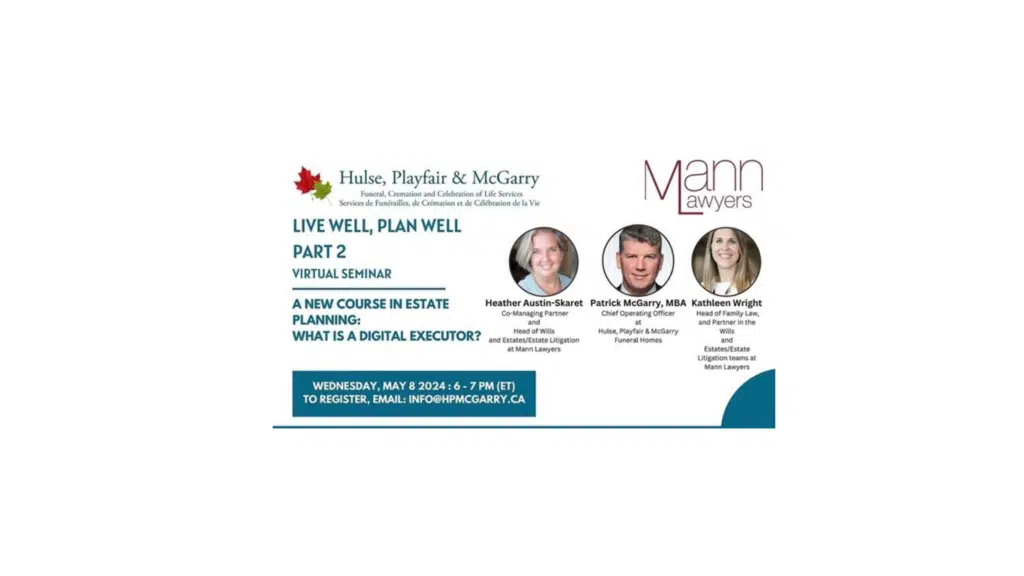At Mann Lawyers, our commercial litigators are skilled and experienced advocates who recognize that business disputes require a business-minded approach. We use our considerable experience in this field to safeguard clients from unforeseen risks, helping guide them towards the best possible outcome.
We provide clear and practical advice, using sensible strategies to achieve successful resolutions for our clients. In some cases, disputes can be resolved without the need for a court process or trial. Wherever possible, we use our significant alternative dispute resolution (ADR) proficiency to attain efficient and favourable resolutions. Where a negotiated settlement is not practical, we are ever-ready to deploy our extensive and respected courtroom expertise on your behalf.
Our commercial litigation team has ample experience in a broad range of commercial disputes, including the following:















